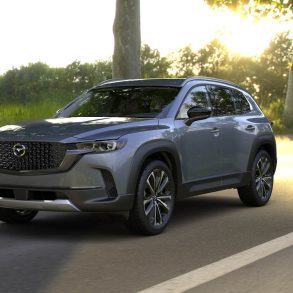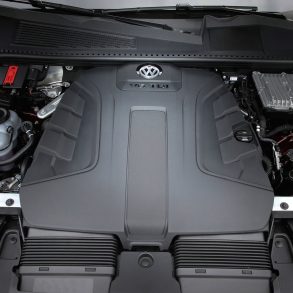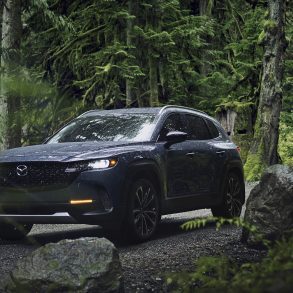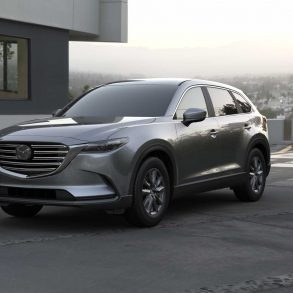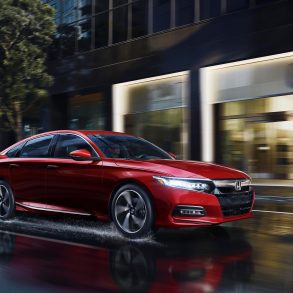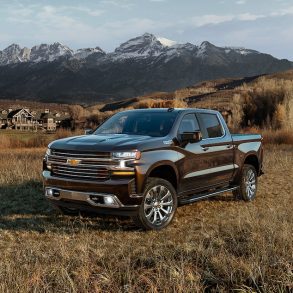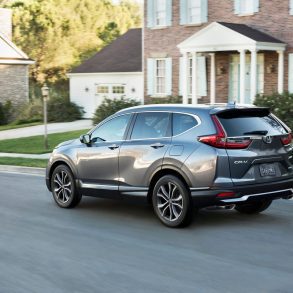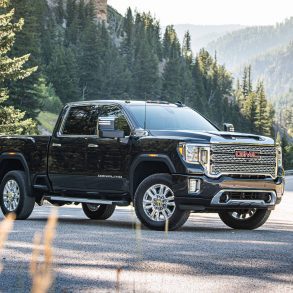Jeep and Hummer versus Mazda and smart. That kind of comparison sounds complicated, complex, convoluted even. Get this – we’re not talking about the rumoured (in history) of the smart formore, nor are we discussing Jeep’s baby Compass.
Nope. Not in the least. The purpose of the post is to see how great the contrast is between a Jeep Grand Cherokee, a Hummer H3, Mazda’s 3 and the smart fortwo. Granted, we will talk about the Grand Cherokee diesel, the smart fortwo diesel, and the gasoline-powered editions of both the Mazda and Hummer.
talk about the Grand Cherokee diesel, the smart fortwo diesel, and the gasoline-powered editions of both the Mazda and Hummer.
Environmentalists would lead you to believe that SUV’s are bringing down the planet. (They happen to be ignoring the airplanes they use to fly around the country so that they can tell you about the bad SUV’s, but that’s another story.) Meanwhile, there is no dearth of justifiers for sport-utes on the planet. Farmers, boat-towers, horse owners and many others will tell you that all the smart’s and Prius’ and hi-po Lexus limo hybrids will never save the world from its fever.
Isn’t there some room in between the extremists? What about applying some bare-bones mathematics in order to answer the questions that arise. There are a number of issues that come to my mind; long after viewing the Energuide statistics or the EuroUnion CO2 figures. Here’s a few of them:
- People mpg, or people litres/100km in the case of this post
- Combined effect on humanity. Ya can’t blame one Hummer owner for creating the poor air quality my part of the world will suffer through today
- Quantifiable life-long usage facts
Driven in typical circumstances by an average driver in a normal climate, the Hummer H3 will use about 13.6 litres of fuel every time it drives 100 kilometers. Jeep’s Grand Cherokee, when equipped with a diesel engine, will drink 10.5 litres of diesel fuel every time the vehicle travels 100 kilometres. A Mazda3? 7.3L/100km. smart’s fortwo diesel will sip just 4.2L/100km.
Put another way, it would take about three smarts to use as much fuel as the Hummer. You could almost afford to fuel two Mazda3’s for the cost of fueling your Hummer. Beyond that, diesel fuel is about 11 cents cheaper than regular gasoline in my city. The 600 km round trip I recently took to Prince Edward Island would have cost $64.89 CDN in the Grand Cherokee CRD. The Hummer H3 would have cost $92.20. Oh, my Mastercard would have been charged with a total of $25.96 in the smart fortwo. Ouch.
But there’s more to it than that. If you think of peoplelitres/100km and filled the smart with two people, you’re sipping at just 2.1PL/100km. The Hummer would fare much better if considered as a passenger-filled sport utility – per passenger the Hummer would use just 2.72 litres each. The Jeep would be the smart’s equivalent and the Mazda would be even better, at just 1.46 litres each.
Does this mean the Sierra Group and the Green Party should love Hummers ? Maybe no. But full Hummer H3’s are actually an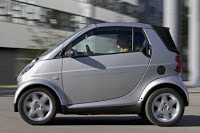 efficient means of traveling. There’s no denying that five people in a Hummer arrive at any destination in a more efficient manner than one person in his smart fortwo.
efficient means of traveling. There’s no denying that five people in a Hummer arrive at any destination in a more efficient manner than one person in his smart fortwo.
However, a Hummer which has never met its owners wife and kids is an awfully ineffective means of transportation.
Skew the debate to the smart’s side, and things get ugly. Take five smart fortwo owners who love carpooling. They drive their buddies to work every day. The five Mazda 3 owners across the street can’t stand the thought of someone else drinking coffee in their zoom-zoom machine, hence they travel alone. The roundtrip commute is 30 kilometres. All the smart’s combined use just 6.3 litres to make the journey. The five Mazda’s suck up 10.95 litres. The smart, remember, was being used as a carpooling machine, and therefore each person uses just .63 litres per day. Each single-passenger Mazda uses 2.19 litres each day.
This has little to do with real life, but it does show how quickly efficiency/economy/effectiveness can be altered by extra passengers. It also proves the depth of difference thousands of tiny cars can make when purchased instead of a regular small car.
That’s enlightening. Now go check my math.

